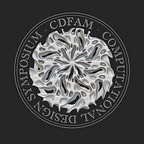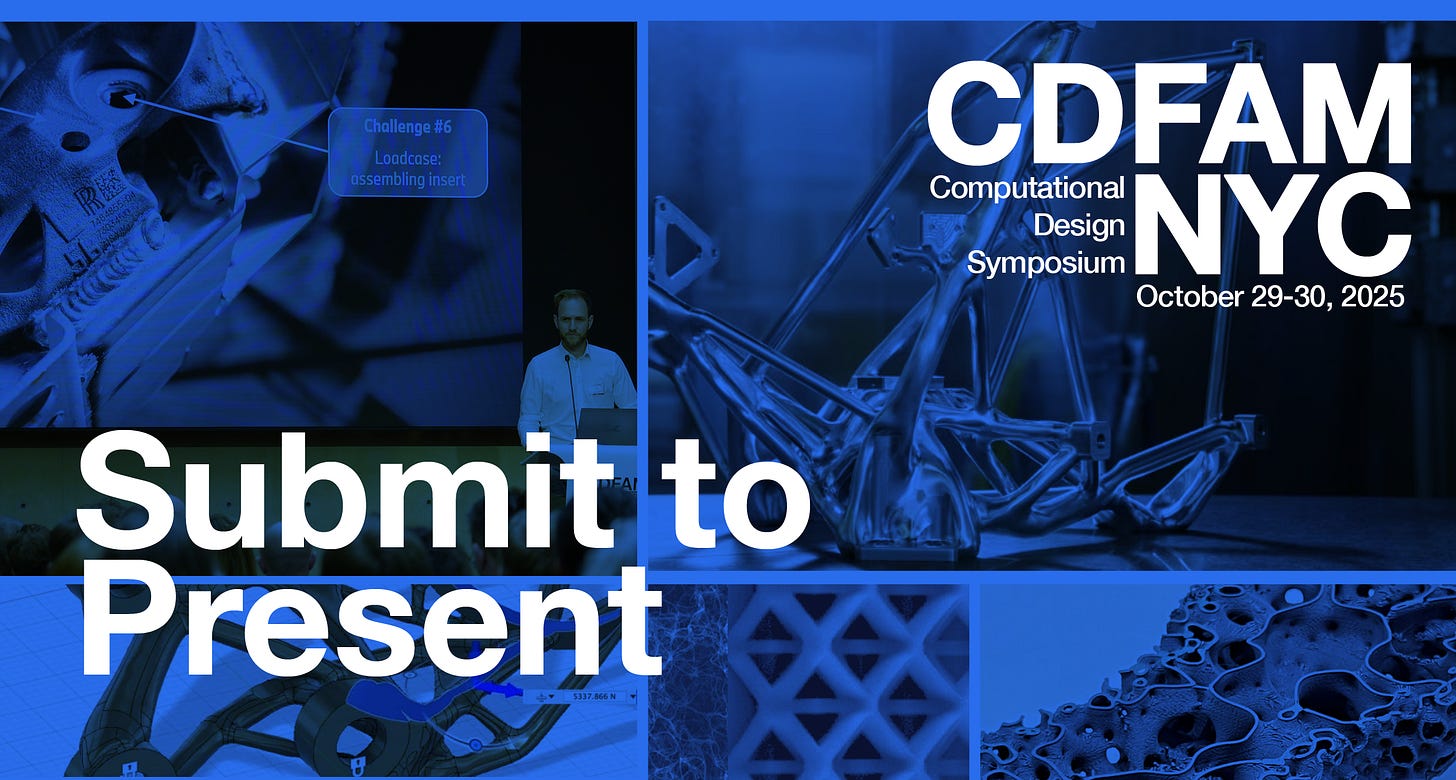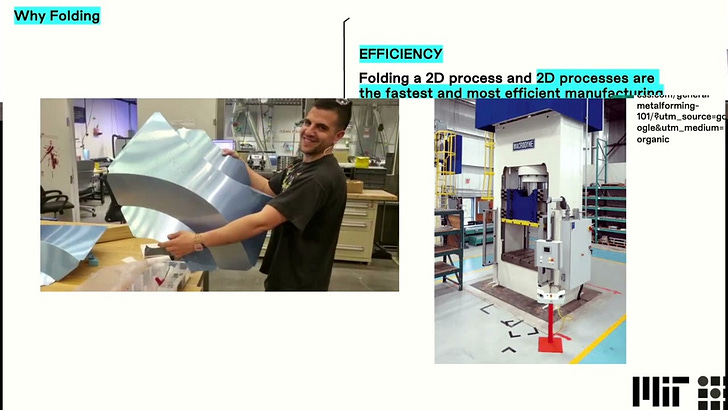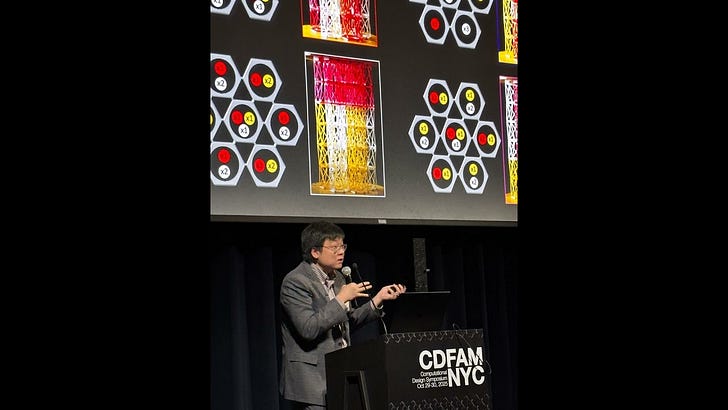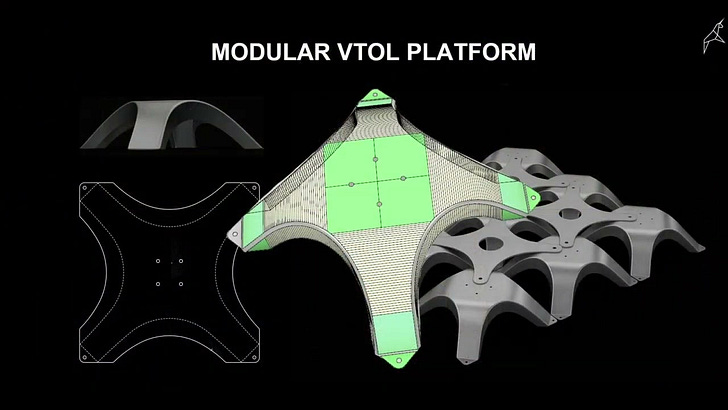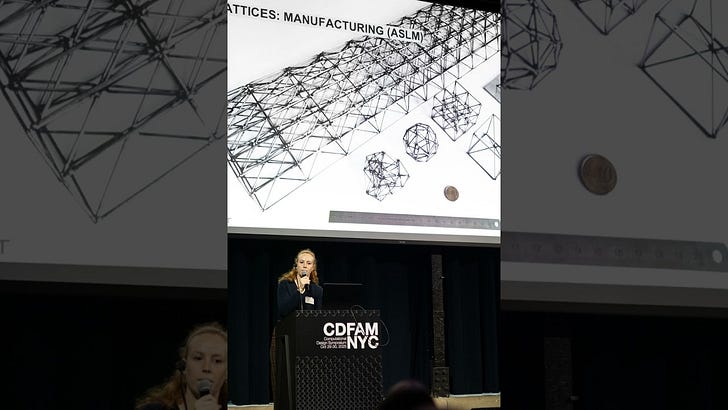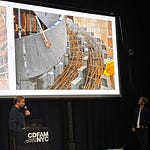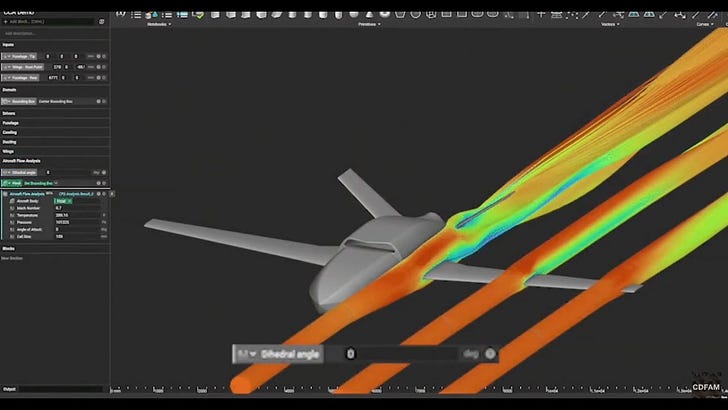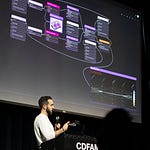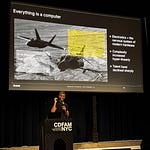In this first episode of Season 4 of the CDFAM Podcast, we kick off a new series of talks recorded live at CDFAM Amsterdam 2025.
This season will feature presentations from across the event, with new episodes released weekly. We begin with the closing keynote by Mathew Vola, Director and Computational Design Fellow at Arup.
Mathew shares his perspective on the evolving role of computational design in the built environment, offering a unique framework for interdisciplinary collaboration based on the Ikigai concept: finding alignment between what you love, what you’re good at, what the world needs, and what you can be paid for.
He walks through two in-depth case studies, demonstrating how data-driven design processes, parametric modeling, and early-stage machine learning can help reconcile diverse stakeholder needs, reduce risk, and improve project outcomes.
Topics Discussed:
The evolution of computational design at Arup
Parametric and AI-powered workflows in architecture and engineering
Applying Ikigai to stakeholder alignment and design process
Designing for outcomes across sustainability, performance, and constructibility
Lessons from complex, high-stakes urban development projects
To learn more about CDFAM events and upcoming talks, visit cdfam.com
The presentation with visuals can also be found on YouTube:
This episode is part of the CDFAM symposium series, where designers, engineers, researchers, and software developers come together to explore the future of computational design across scales—from materials to buildings, components to systems.
CDFAM events are held in cities around the world and focus on applied innovation at the intersection of computation, performance, and fabrication.
To learn more, access recordings, or find out about upcoming events, visit cdfam.com.

